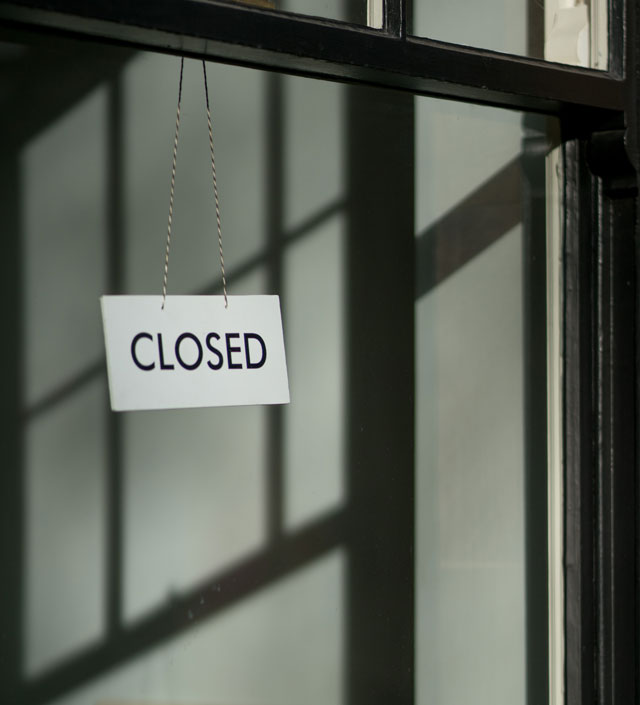When I had to reschedule my routine colonoscopy from March of this year to the next available date in July, I’d already had to reprogram it twice due to the pandemic and a change in my doctor’s schedule. However, in March, it was because I didn’t have someone I knew to sign me out when I left the hospital.
When I became widowed in 2018, one thing I didn’t think of was no longer having a family member to take me home when I had outpatient medical procedures. Immediately upon setting my appointment, the registrar told me that because they had to put me under anesthesia, I’d have to have someone I know check me out and take me home.
I thought of asking another friend, but she would have to take precious vacation time from work.
I found a retired friend to go with me, but her dog became critically ill, and she couldn’t leave her. So I called the doctor’s office and asked if I could call a ride-share. She told me I couldn’t, that they would only release me to someone I know or to medical transport.
Hence, I asked if they knew of any transports; she only knew of costly companies specializing in emergency medical transport. I thought of asking another friend, but she would have to take precious vacation time from work. So I finally gave up and reset my appointment.
A Pew Research Study showed in 2019 that 28% of adults 50-64 don’t have partners, and 36% of those 65 and older are unmarried or in a committed relationship (combine that with many older adults having no children, being estranged from children, or living far away from them).
Indeed, many individuals struggle with finding rides to and from doctor appointments and procedures.
“This is a significant issue,” says Ailene Gerhardt, an independent Board Certified Patient Advocate (BCPA) for Beacon Patient Solutions, LLC in Brookline, Massachusetts. “Cab and ride-share drivers can’t sign you out because if you’re placed under anesthesia, they must also declare they will stay with you for 24 hours. It’s in the patient’s best interest but is a troubling barrier.”
“The data is anecdotal, but this issue affects health outcomes for people who don’t have family or friends who can provide a ride because they will skip the screenings and procedures they may need.”
Changes in Culture Contribute to People Needing More Help from Non-Family Members
Sharon Geltner, a nonprofit specialist for Froogle PR in Boyden Beach, Florida, notes the issue of finding rides to and from medical procedures has always been present. Still, many societal changes over the past two to three generations have exacerbated the situation.
“Families are more spread out today, and many don’t live in multi-generational households,” says Geltner. “Also, we don’t do things as a community as we once did, like joining clubs or even participating in religious activities.”
As a result, she says, people don’t have community social support. She also notes the isolation of the pandemic in recent years hasn’t helped.
Service and Nonprofit Organizations Can Help
If you’re having issues finding transportation to and from medical procedures, Gerhardt says not to look to your doctor’s office for help. “I know of some doctor’s offices that had granted to hire professional social workers as discharge planners, but most of those grants dried up. So many people in medical offices or hospitals don’t know what resources exist.”
Gerhardt tells some government agencies can help, such as local Area Agency on Aging offices and some nonprofits. “The problem is most government agencies don’t communicate their services effectively, and many nonprofits don’t know how to spread the word,” says Gerhardt.
Judy Light is the volunteer coordinator for Kindness, Inc., an organization in Mountain Home, Arkansas, that provides rides to and from doctor’s appointments and medical procedures.
The 25-year-old organization also offered rides to pick up groceries, but the pandemic weakened the volunteer pool from approximately 40 volunteers to 25, and they had to suspend that service.
“We’ve been around for 25 years, and I say we’re still the best-kept secret in Mountain Home,” says Light, who adds they try to get the word out through local media outlets, social media, and fundraisers. In addition, the organization provides between 20-25 rides per week at no cost.
She recognizes the need for the service, not only for others but possibly for herself in the future.
Light says the service is critical in an area where many people have come to retire and have no family who lives close by.
Additional Reading: Her First Colonoscopy Cost Her $0 — Her Second Cost $2,185
Phyllis Tucker, a Mountain Home resident, has been using Kindness services since 2018. The 83-year-old has family about an hour away but says her son and grandson work and aren’t always available when she needs them.
“I wouldn’t be able to get to my doctor’s appointments if it weren’t for Kindness,” says Tucker, adding she befriended one of the volunteers who also takes her to church and still takes her for her grocery shopping.
My friend, Jeanie Feltman, 71, who took me for my colonoscopy (I had to travel to another city not serviced by Kindness), has been volunteering for the organization for six years.
She recognizes the need for the service, not only for others but possibly for herself in the future. “I will do it as long as I can, I enjoy it, and I may need it one day,” Feltman says.
Tips on Finding Rides
- Make a plan. Gerhardt says advance care planning usually doesn’t include thinking of who can take you to routine medical or minor procedure medical appointments. “Ask yourself who in your life can take you and make a note of them, as well as backups,” says Geltner. These people may include extended family, friends, people from your religious community, or other groups.
- Consult local agencies and organizations. Geltner says Area Agencies on Aging locations may know of resources available in your community. Or go directly to the Eldercare Locator, a federal government resource guide or call 1-800-677-1116 to find help in your area.
©Next Avenue. This article was first published on nextavenue.org.







